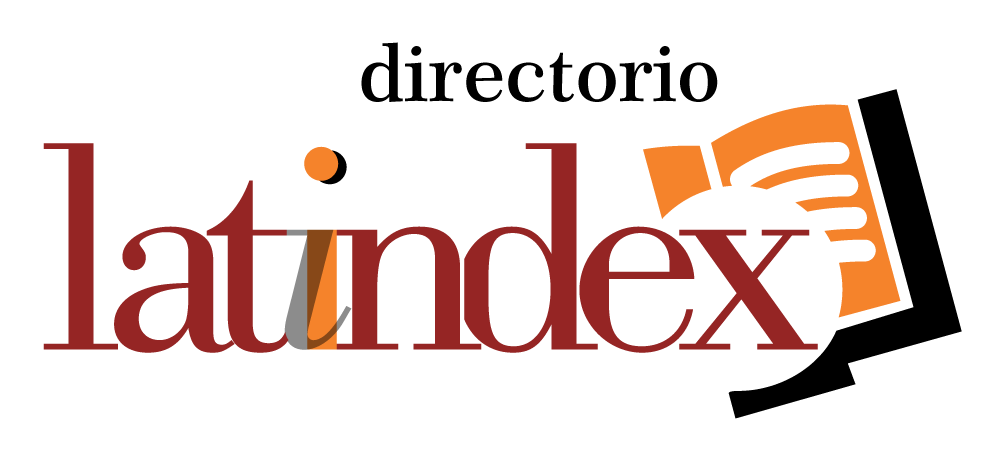Characterization of the Use of Artificial Intelligence Tools among Students at the University of Medical Sciences of Santiago de Cuba
DOI:
https://doi.org/10.56294/ai2025422Keywords:
Higher education, Students, Artificial Intelligence, MedicineAbstract
Introduction: since its inception, the field of artificial intelligence has evolved significantly, transitioning from a mere academic curiosity to becoming an essential tool in multiple sectors, including medicine.
Objective: To characterize the use of Artificial Intelligence tools among students at the University of Medical Sciences of Santiago de Cuba.
Methods: an observational, descriptive, and cross-sectional study was conducted at the University of Medical Sciences in Santiago de Cuba from April to June 2025. The study population consisted of the university students, and a representative sample of 1,050 was obtained through stratified random sampling, ensuring the inclusion of students from different academic years who met the inclusion criteria.
Results: the most represented major was Medicine (59.52%). A medium level of knowledge about the definition of artificial intelligence predominated (51,14 %), and the most commonly used AI tool was OpenAI ChatGPT (100 %). There was a notable positive perception of these tools (84,19 %), and 91,71 % of respondents confirmed having a positive impact from their use.
Conclusions: understanding the impact of artificial intelligence on medical education is highly relevant for preparing future professionals for an increasingly digitalized and data-driven work environment.
Downloads
Published
Issue
Section
License
Copyright (c) 2025 Miguel Enrique Barroso Fontanals, Juan Leonardo Pacios Dorado, Yudel Tomas Fabars Bueno, Michel Pompa Castillo, Marco Alejandro Traba Vázquez (Author)

This work is licensed under a Creative Commons Attribution 4.0 International License.
The article is distributed under the Creative Commons Attribution 4.0 License. Unless otherwise stated, associated published material is distributed under the same licence.






